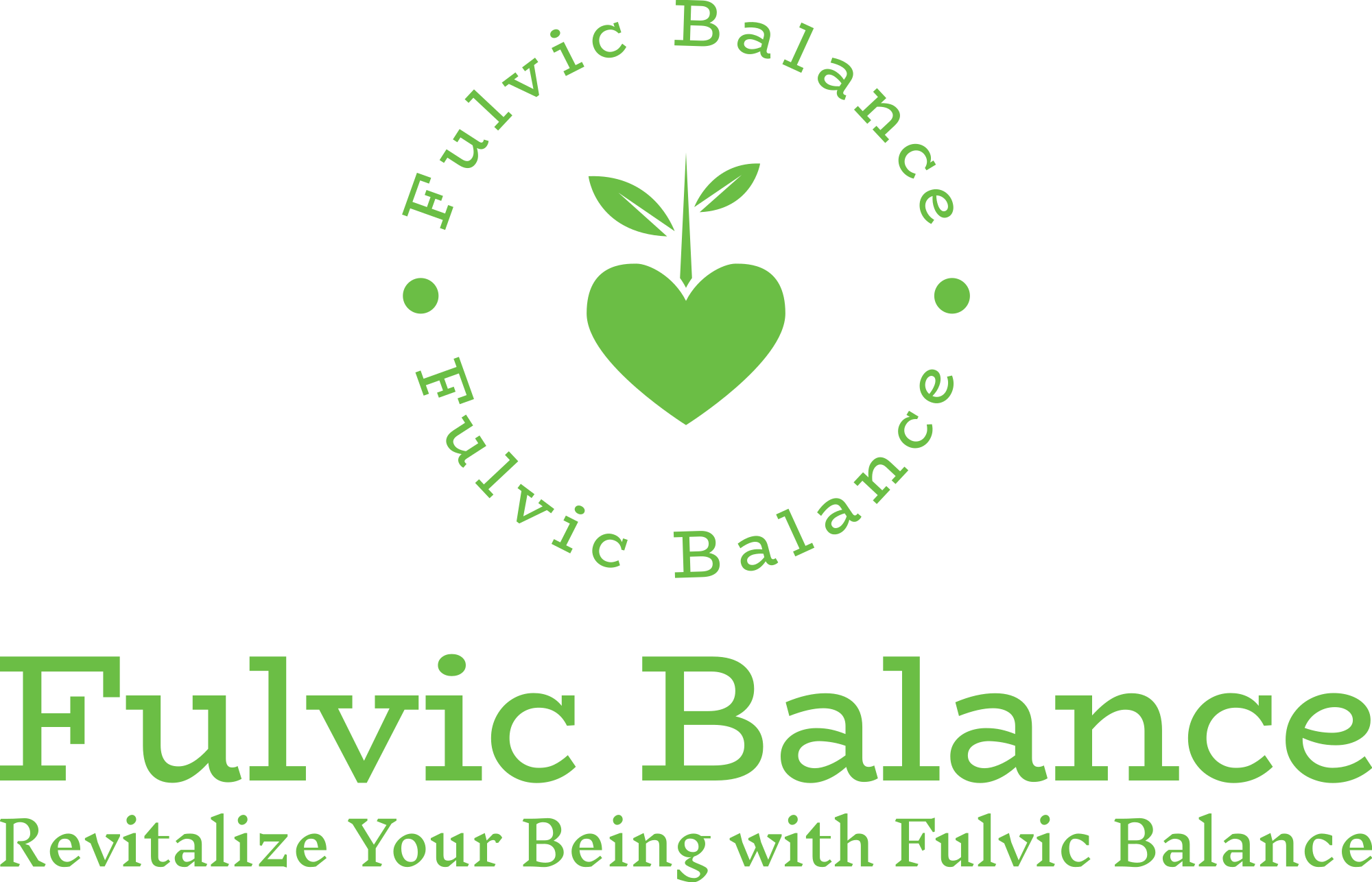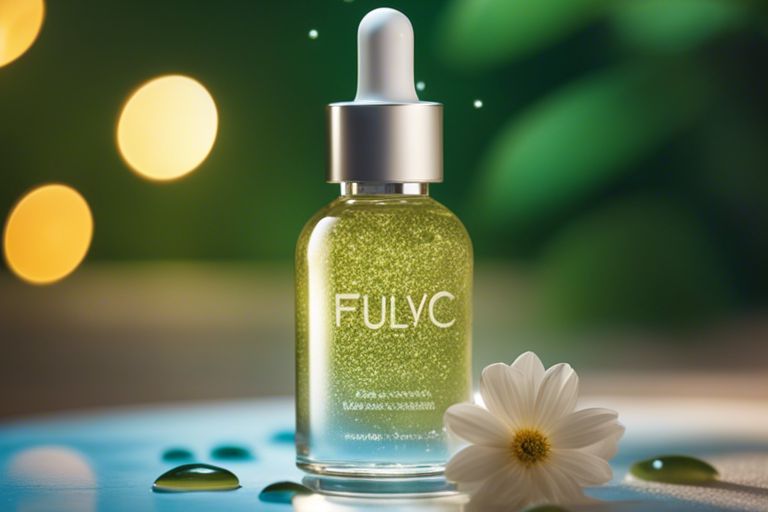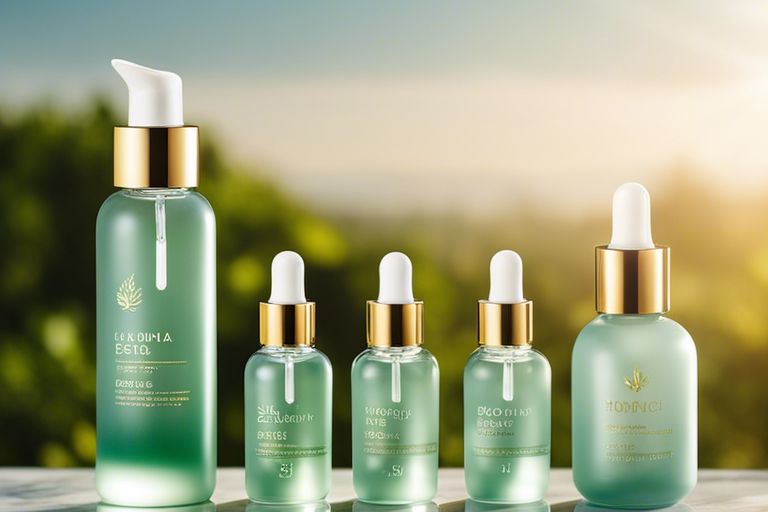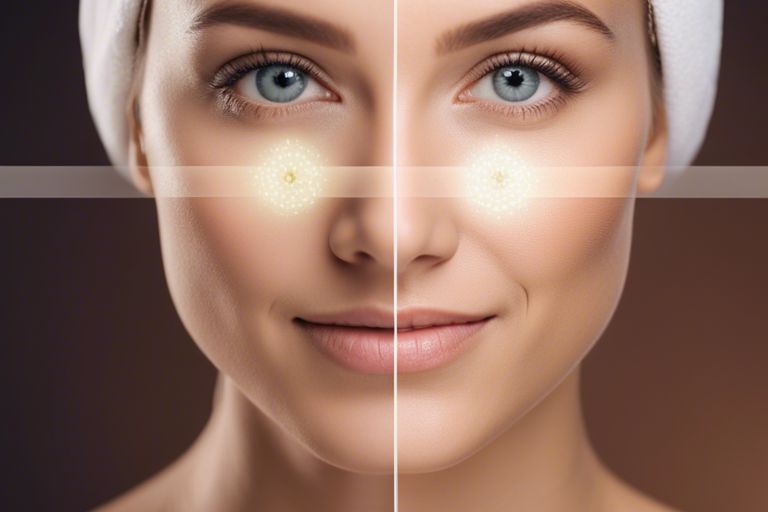Extravagant claims are often made about skincare products, but if you’re looking for a truly transformative ingredient, look no further than fulvic acid. This powerful compound derived from soil has been proven to deliver a wide range of benefits for the skin, making it a standout ingredient in the world of skincare. From its anti-inflammatory and antioxidant properties to its ability to enhance hydration and collagen production, fulvic acid has the potential to revolutionize your skincare routine. Keep reading to discover the remarkable ways in which fulvic acid can improve the health and appearance of your skin.
Chemical Composition of Fulvic Acid
A key component in the digestive process of plants and animals, fulvic acid is a complex mixture of fulvic acid, humic acid, and other organic acids. Derived from decomposed organic matter, fulvic acid is rich in essential minerals, trace elements, and amino acids. It is a powerful antioxidant and has the ability to chelate toxins and heavy metals, making it highly beneficial for the skin.
Key Components and Their Roles
Fulvic acid is composed of a variety of organic acids, making it a potent skin care ingredient. It contains fulvic acid, which has the ability to transport essential nutrients to skin cells. It also consists of humic acid, which helps to detoxify the skin by removing toxins and heavy metals. Additionally, fulvic acid contains essential minerals and amino acids that nourish the skin and promote a healthy complexion.
How Fulvic Acid Interacts with Skin Cells
Chemical interactions between fulvic acid and the skin cells occur through a process known as chelation, where the fulvic acid binds to toxins and facilitates their removal from the skin. This promotes detoxification and helps to combat environmental damage. Fulvic acid also enhances the absorption of beneficial nutrients, resulting in improved skin health and appearance.
Fulvic acid interacts with skin cells at a cellular level, helping to repair and rejuvenate the skin. Its antioxidant properties protect the skin from free radical damage, while its anti-inflammatory benefits soothe and calm the skin. Overall, fulvic acid plays a vital role in promoting overall skin health and is a valuable addition to any skin care routine.
Benefits of Fulvic Acid for Skin
Now, let’s take a look at the incredible benefits of fulvic acid for the skin. This powerful natural compound has gained popularity in the skincare industry for its ability to enhance skin hydration, boost elasticity and firmness, support the skin’s barrier function, provide antioxidant protection, and mitigate inflammation and irritations.
Enhancing Skin Hydration
Benefits of fulvic acid for skin include its ability to enhance skin hydration. Fulvic acid has a unique molecular structure that allows it to penetrate deep into the skin, delivering essential nutrients and hydration to the cells. This helps to plump and moisturize the skin, resulting in a more youthful and radiant complexion.
Furthermore, fulvic acid helps to improve the skin’s ability to retain moisture, making it an excellent ingredient for individuals with dry or dehydrated skin. By maintaining optimal hydration levels, fulvic acid can also help to reduce the appearance of fine lines and wrinkles.
Boosting Skin Elasticity and Firmness
Skin elasticity and firmness are vital for maintaining a youthful and healthy complexion. Fulvic acid enhances skin elasticity and firmness by stimulating the production of collagen and elastin, two essential proteins that keep the skin supple and resilient. This can help to reduce the appearance of sagging skin and improve overall skin tone and texture.
Additionally, fulvic acid helps to promote healthy cell turnover, which is crucial for maintaining firm and youthful-looking skin. By supporting the skin’s natural renewal process, fulvic acid can contribute to a smoother and more radiant complexion.
Enhancing the skin’s barrier function is essential for protecting against environmental stressors, pollutants, and potential irritants. Fulvic acid boosts the skin’s barrier function by strengthening the protective layer of the skin, which helps to prevent moisture loss and maintain overall skin health.
Barrier function support from fulvic acid also contributes to a more balanced and resilient complexion, reducing the likelihood of sensitivity, redness, and irritation.
Antioxidant Protection and Anti-Aging Properties
Protection against free radical damage is crucial for maintaining youthful and healthy skin. Fulvic acid provides antioxidant protection by neutralizing free radicals and reducing oxidative stress in the skin. This can help to prevent premature aging signs such as fine lines, wrinkles, and age spots.
Any anti-aging regimen can benefit from the inclusion of fulvic acid, as it helps to protect the skin from external aggressors and promotes a more youthful and radiant complexion.
Mitigating Skin Inflammation and Irritations
Irritations and inflammation can compromise the health and appearance of the skin. Fulvic acid has mitigating properties that help to soothe and calm the skin, reducing redness, itchiness, and discomfort. This makes it an excellent ingredient for individuals with sensitive or reactive skin.
Fulvic acid’s anti-inflammatory effects can also benefit individuals dealing with conditions such as eczema, psoriasis, or rosacea, providing relief and promoting overall skin health.
Application and Usage
After learning about the many benefits of fulvic acid for the skin, you may be wondering how to incorporate it into your skincare routine. Whether you’re dealing with acne, aging skin, or just want to maintain a healthy complexion, there are various ways you can use fulvic acid to improve the overall health and appearance of your skin.
Recommended Dosages and Formulations
Recommended dosages of fulvic acid for skincare can vary depending on the specific product and its concentration. It is crucial to follow the instructions provided by the manufacturer and consult with a skincare professional if unsure. Fulvic acid can be found in serums, creams, and masks, and the appropriate formulation for you will depend on your skincare needs and preferences.
Recommended formulations of fulvic acid for skincare can be applied once or twice daily, depending on the product’s instructions and your skin’s tolerance. Some formulations are designed for leave-on treatments, while others may be used as a rinse-off mask. It is essential to patch-test any new product and monitor your skin’s reaction to ensure compatibility.
Integrating Fulvic Acid into Your Skincare Routine
Recommended for incorporating fulvic acid into your skincare routine is to start with a small amount and gradually increase your usage as your skin adjusts. This powerful acid can enhance the effects of other skincare products, so it’s important to introduce it gradually to prevent any potential reactions. You can also consult with a dermatologist or skincare professional to determine the best way to integrate fulvic acid into your existing regimen.
Strong Keywords: benefits, skin, fulvic acid, skincare routine, dosages, formulations, integrating, acid, positive, dangerous, informative.
Safety and Considerations
Not only is fulvic acid beneficial for the skin, but it is also generally safe for topical use. However, there are a few considerations to keep in mind before integrating fulvic acid into your skincare routine.
Potential Side Effects and Allergies
An important consideration when using fulvic acid on the skin is the potential for side effects and allergies. While rare, some individuals may experience skin irritation, redness, or a rash after applying fulvic acid. It is important to perform a patch test before using fulvic acid on a larger area of the skin to ensure there are no adverse reactions.
Precautions for Sensitive Skin Types
Safety precautions should be taken for individuals with sensitive skin when using fulvic acid. It is recommended to start with a lower concentration of fulvic acid and gradually increase the usage as the skin becomes accustomed to it. The use of a broad-spectrum sunscreen with a high SPF is also recommended when using fulvic acid to protect the skin from potential UV damage.
- Fulvic acid concentration should be low for sensitive skin types
- Perform a patch test before full application
- Gradually increase usage to gauge skin’s reaction
- Use of sunscreen with high SPF is essential
- Avoid using fulvic acid on broken or damaged skin
The potential for irritation is greater in individuals with sensitive skin, so it is important to take precautions and carefully monitor the skin’s response when using fulvic acid.

Fulvic Acid Benefits for Skin
With this in mind, it’s clear that fulvic acid offers numerous benefits for the skin. From its powerful antioxidant properties to its ability to improve skin hydration and texture, it’s no wonder why fulvic acid is gaining popularity in the skincare world. If you’re interested in learning more about the potential benefits of fulvic acid for your skin, check out Fulvic Acid : What You Need To Know for a comprehensive overview of this powerful ingredient and how it can transform your skincare routine.



